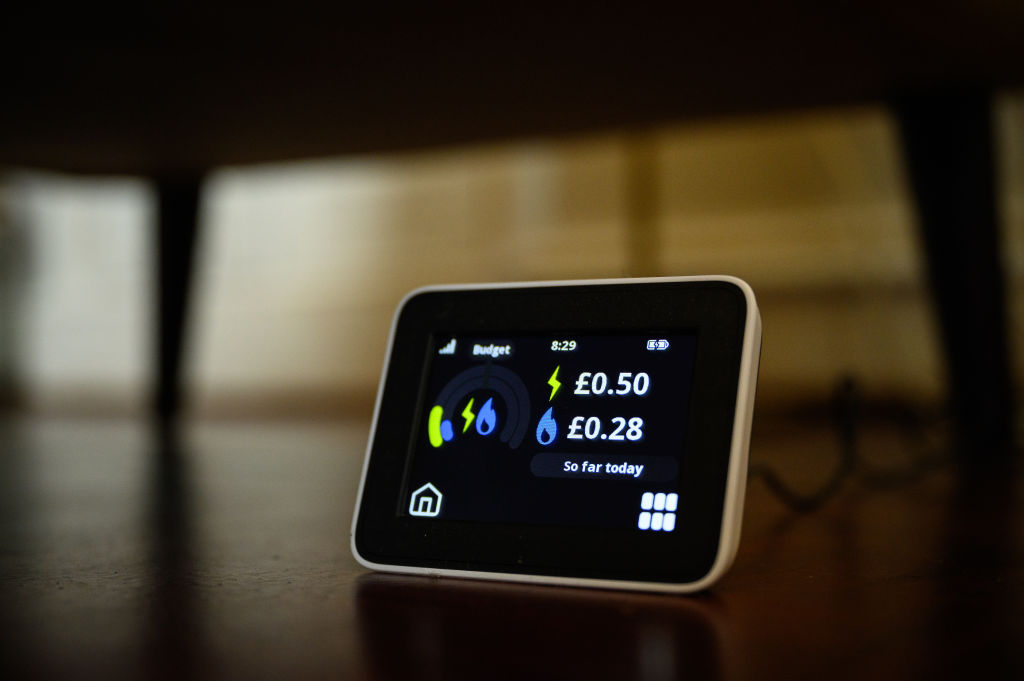This morning, Ofgem announced another reduction in the energy price cap from July. The new cap on the unit price of energy should see costs fall by another 7 per cent, taking £122 off the average household bill. And it didn’t take long for both the Tories and Labour to try to swing the news in their electoral favour.
Only two days into an election campaign, the government will want to claim credit for today’s news: an opportunity to remind voters what successive Conservative prime ministers did to protect people from higher energy costs (of course, the Energy Price Guarantee was a large part of the reason markets rebelled against Liz Truss’s mini-Budget, but that’s another story) and to flag that energy costs are now falling. But the additional reduction will come in just three days before voters go to the polls, which gives no time at all for the lower costs to be noticed or for that credit to be dished out. And Labour wants to remind voters that their bills, while lower compared to last year, are still significantly higher than they were in 2021.
Labour was quick to point out this morning that energy costs are still elevated compared to before Russia invaded Ukraine. ‘Bills are projected to be more than £400 higher than before the energy crisis’ notes a party spokesman this morning, ‘and are projected to rise again in the winter.’ It’s another reason, Keir Starmer told BBC Radio 4’s Today programme this morning, that his plans for state-owned Great British Energy are needed.
This kind of nationalised company will ‘bring energy prices down for good’, he said.
Will it? The energy crunch of the past few years has very clearly been an issue of dwindling supply, due to Russia’s war in Ukraine. It has not been an issue of lack of competition in the UK’s energy sector. The idea behind Great British Energy is that it will work as an investment vehicle for green energy projects, with the first big plan – £8.3 billion for a floating offshore wind farm in Wales – announced in March. An investment in green energy will lift reliance on foreign energy sources and bring down costs long-term, the party says. It may not be committing £28 billion a year in capital investment any longer, but when and where it can find the money, those funds will be going to such projects.
But where will that money be found? To get greener, cheaper energy in the long run, costs for the public are all but certain to rise – a point the Tories have not shied away from making since Rishi Sunak entered No. 10. The Prime Minister’s arguments for delaying net-zero targets – which pushed back the ban on selling petrol cars and installing gas boilers – was all about acknowledging these trade-offs: that bans and investments both ultimately lead to higher costs for consumers (especially if they are happening before the technology has developed enough to bring costs down).
With very few differences (right now, anyway) between the Tories and Labour on fiscal policy, might net-zero spending become one of the main dividing lines in this election? Today’s update from Ofgem takes average bills to their lowest point in two years. The obvious question for the Tories to ask, then, is whether the public want tax bills to rise as their energy payments fall. With both Sunak and Starmer seemingly eager to sell their plans for security – including energy security – to voters, it could end up being an area of meaningful debate.
The latest reduction in the energy price cap won’t be felt by polling day. But a real debate on how to reach net zero, and what should be asked of the public to get there, may well be noticed.








Comments